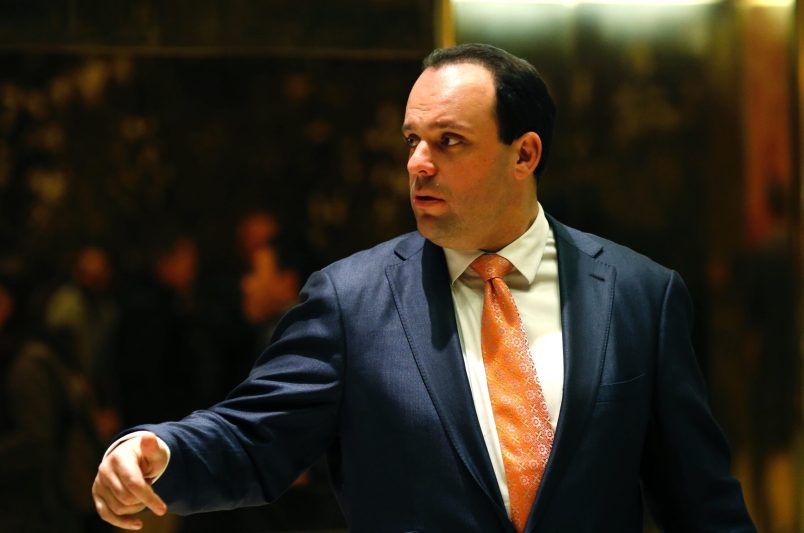The Washington Post, which has provided consistently excellent coverage of the Iraq occupation, now provides what might be termed a requiem for the war. I say “war,” and not “postwar” because there’s no such thing as the “postwar”: the strategic objective of the invasion of Iraq was to midwife a stable Middle Eastern democracy, not simply overthrow Saddam Hussein. Maybe that will happen several years from now. My optimistic friends remind me that, after all, it’s only been fifteen months since the invasion. Fair enough, but I see no positive trends taking root. The Post points out several reasons why, both in its requiem and in its collection of essays in the Outlook section.
Infrastructure is in total disrepair, and only getting worse with this month’s spate of attacks on oil pipelines, bridges and other economic arteries. There is no security in the country–not just for American and foreigners but for Iraqis simply seeking to live their lives, who are the ones we desperately need to buy in to a brighter future. Violent crime has skyrocketed and gangs and militias have proliferated. Sectarian fissures in the country are severe: Grand Ayatollah Sistani’s rejection of the interim constitution has inflamed Kurdistan, and even if the Kurds decide against secession (still a dangerously open question at this point), future peaceful compromise in Iraqi politics will be significantly more elusive as a result. Falluja, a symbol of resistance to the U.S. occupation, is both armed to the teeth and feels threatened by both the Kurds (who participated in the April siege of the city) and Shia aspirations of ruling the country. One of the scariest questions in Iraq is what revanchist Sunnis will do now that they have the city as a base of operations. They’re not as well armed as the Kurds, nor are they as numerous as the Shia, but one lesson of the last year is that just one armed fanatic can inflict massive bloodshed. Against this background, it’s difficult to see civil society–a constituency for the rule of law and the nonviolent adjudication of legitimate disputes–taking hold. Typically in such cases, democracy is a Potemkin affair.
On July 1, the CPA will cease to exist, but it is extremely unlikely that Iraqis will consider themselves no longer under occupation. The presence of 138,000 Americans–visible enough to provide a symbol of hated foreign domination, too few to stop the chaos that plagues Iraqis–who are hated by about 90 percent of the country probably ensures this. As one Baghdad policeman told Reuters last month, “Bush is a scorpion. He is a liar. He is sneaky, making all kinds of promises when he just wants to control Iraq.” As a result of this distrust, Iraqis are unlikely to shed what administration officials exasperatedly term the “Man On The Moon” syndrome: The expectation of American omnipotence to solve their problems, since a superpower mighty enough to put a man on the moon can surely provide electricity in Baghdad for more than nine hours a day. After all, the U.S. Embassy will still reside in the Republican Palace in the middle of Baghdad, garrisoned in the Green Zone. We’re still going to be blamed for everything that goes wrong, and a lot looks primed to continue going wrong.
The U.S. will leave behind foundations for liberalization, but they come entwined with foreign domination. A good example is the legal structure that the CPA is bequeathing to Iraq: It provides significant openness and political space for Iraqi civil society, both from L. Paul Bremer’s proclamations and the interim constitution. But as Nathan J. Brown of George Washington University observes,
[Iraqis’] nationalist sensibilities will be offended when they turn their attention to specific provisions. When Iraqi political and legal officials discover that multinational troops still are effectively granted extraterritorial status; that their vehicles must be given priority in traffic; that the official name of the country in some documents has been changed (from the “Iraqi Republic” to the “State of Iraq”); and that international agreements mayâeven absent an explicit provisionâoverride requirements for open and competitive bidding in procurement, they will probably conclude that the CPA orders, while often liberal, are inconsistent with full sovereignty.
A consequence of all this is something that undercuts an implicit premise of the Postâs excellent coverage: That the occupation is in a significant sense ending. What appears more likely to happen is abdication. The U.S. will be declaring that it’s not responsible for the deteriorating course of the country while Iraqis suspect (with significant foundation, as Brown points out) that the U.S. is the real power broker in Iraq. As retired State Department official Richard Murphy writes in his Post article, “Washington has oversold the significance of the June 30 handover.” All this makes the actual fulfillment of our strategic objectives increasingly remote. Which is a euphemism for failure.





